Be Mindful of Avian Influenza Restrictions on Importation of Game Bird Meat from Canada This Fall

After two years of COVID-19 restrictions on American hunters traveling to Canada to hunt waterfowl, a new virus concern could alter the plans of some visiting waterfowlers this fall.
An outbreak of highly pathogenic avian influenza — a.k.a. the bird flu — means the harvested meat of ducks, geese and game birds from affected areas will not be allowed to be brought into the United States.
Some hunters and news outlets have reported that no hunter-harvested game birds taken in Canada this would be allowed to be imported into the United States, but recent clarifications from the U.S. Department of Agriculture indicate that the import restrictions only apply to zones with active HPAI cases.
“Whole wild game birds harvested outside of highly pathogenic avian influenza control zones can be brought into the United States,” Mike Stepien, a USDA spokesman, told the Duluth (Minnesota) News Tribune.
As of Aug. 31, only 11 affected areas, which are designated as “primary control zones,” are considered currently active for HPAI infections.
Earlier in 2022, HPAI was detected in domestic Canadian birds, prompting the USDA’s Animal and Plant Health Inspection Service to prohibit most avian products from crossing the border this spring and summer. The provisional ban applies to live birds and eggs, as well as hunter-harvested game birds.
An APHIS Import Alert issued earlier this summer states, “Unprocessed avian products and byproducts originating from or transiting a restricted zone will not be permitted to enter the United States, including hunter-harvested meat. Non-fully finished avian hunting trophies must be consigned to an APHIS-approved taxidermy establishment.”
The import restrictions currently in place would only affect hunters at a few popular Canadian waterfowl hunting destinations. The zones are continually changing, and it’s possible all restrictions could be lifted by the time fall hunting seasons open in Canada. Up-to-date maps of restricted zones are available on the Canadian Food Inspection Agency Avian Influenza Zones website: https://inspection.canada.ca/animal-health/terrestrial-animals/diseases/reportable/avian-influenza/hpai-in-canada/status-of-ongoing-avian-influenza-response-by-prov/ai-zones/eng/1648851134912/1648851359195#controlzone.
Restrictions have been issued in specific regions — called primary control zones — where the disease has been identified in domestic birds. Hunter-harvested waterfowl meat taken in or passing through a restricted zone will not be allowed into the United States. As of Aug. 31, a total of 11 zones are included in the APHIS alert, including localized regions of Alberta, eastern Ontario and Quebec.
“It could be a concern for some visiting waterfowl hunters if restrictions are still in place come September,” said Dr. Chris Nicolai, waterfowl scientist for Delta Waterfowl. “Certainly, it’s a complication for bringing birds back into the United States, so hunters need to check to the zone maps and avoid those areas if they want to bring meat home.”
In 2019, before COVID-19 closed the border to travel, more than 19,000 non-residents — most of them Americans — hunted waterfowl in Canada. With borders fully reopened, many of those hunters will return to Canada’s fields and marshes this fall.
While the bird flu poses less disease risk to people, it is a serious threat to domestic poultry and waterfowl. It’s often fatal to birds. Past strains of avian influenza have not been known to cause widespread mortality in wild waterfowl, but HPAI has killed snow geese, Canada geese and bluebills in 2022.
HPAI has been detected in wild birds in more than 40 states and 10 provinces this year. Its prevalence will be continually monitored across the United States and Canada.
For more information on HPAI and import restrictions, visit the APHIS website: https://www.aphis.usda.gov/aphis/ourfocus/animalhealth/animal-and-animal-product-import-information/animal-and-animal-products-imports. — Paul Wait

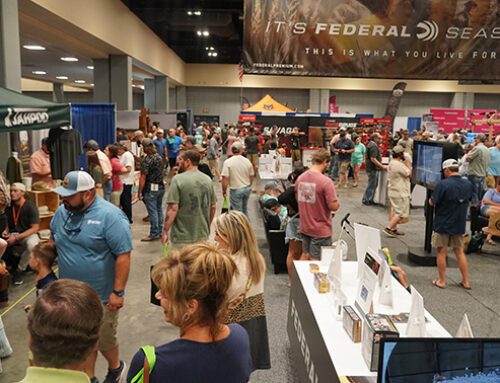
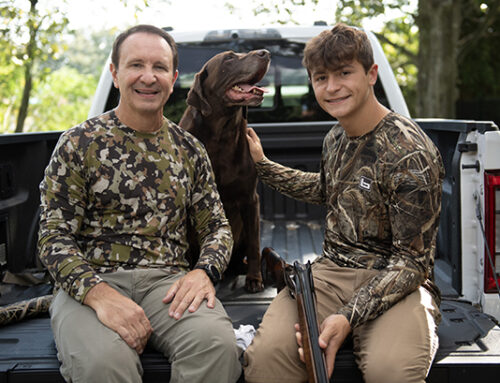
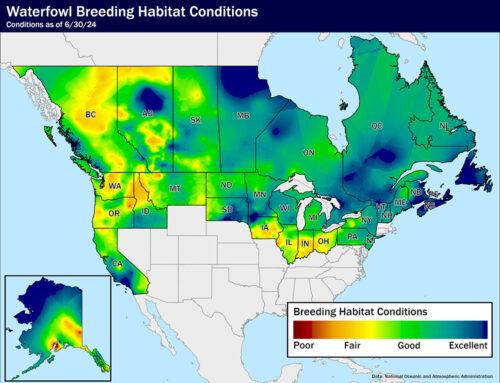
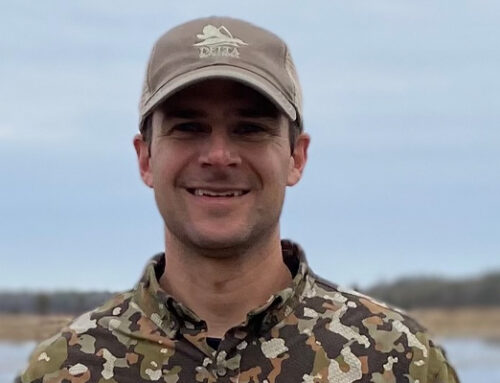
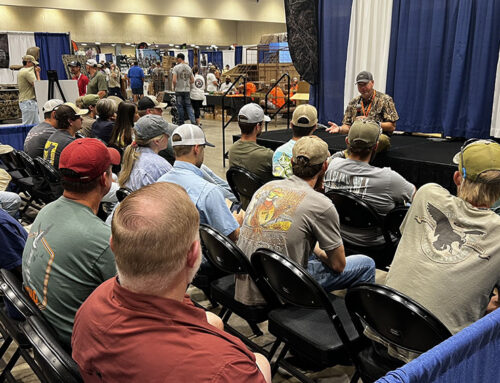
[…] 2022, the U.S. Department of Agriculture’s Animal and Plant Health Inspection Service (APHIS) issued a ban on the importation of live birds, eggs, and raw wild waterfowl meat from Canada into the U.S. The […]
[…] 2022, the U.S. Department of Agriculture’s Animal and Plant Health Inspection Service (APHIS) issued a ban on the importation of live birds, eggs, and raw wild waterfowl meat from Canada into the U.S. The […]